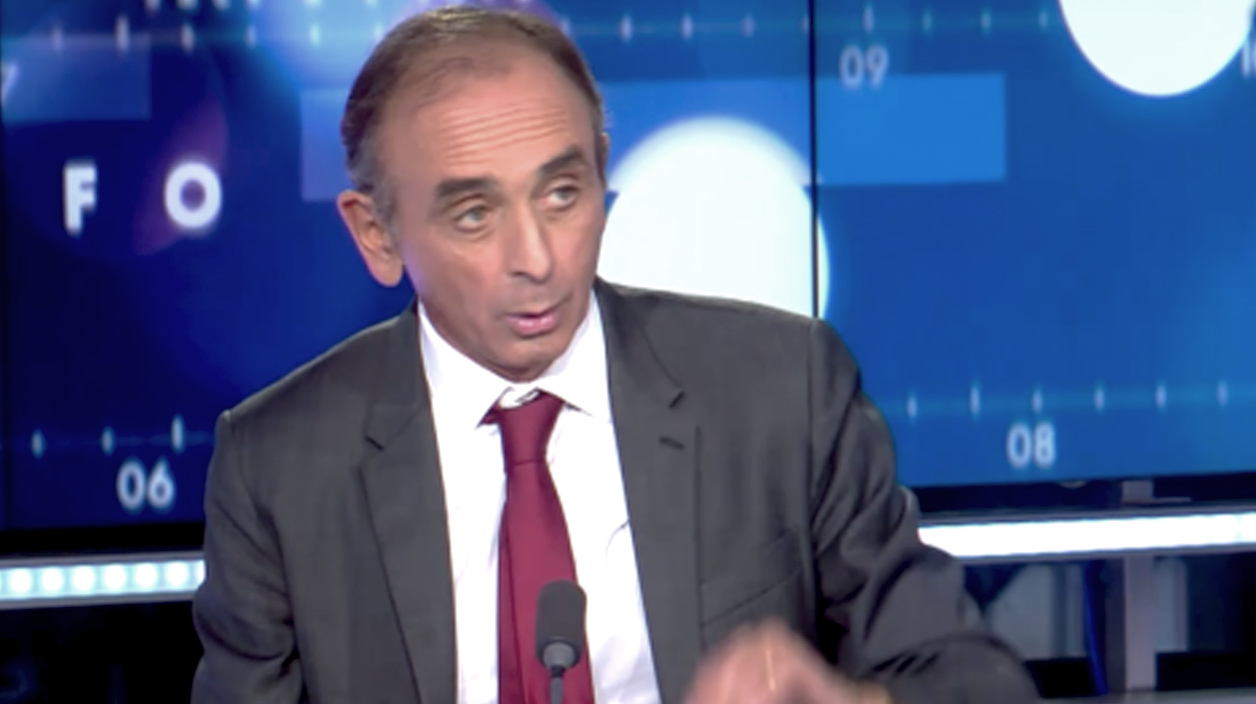>> Northern Ireland to end gay blood donor ban
[spacer]
Cinq ans après le reste du Royaume-Uni, l’Irlande du Nord va autoriser à son tour les hommes homosexuels et bisexuels à donner leur sang, a annoncé jeudi Michelle O’Neill, la nouvelle ministre de la Santé de la province britannique.
Cette mesure, qui sera effective dès le 1er septembre prochain, met fin à une interdiction prononcée en 1981 pour l’ensemble du Royaume-Uni, au début de l’épidémie de Sida, les experts craignant que la maladie encore inconnue ne contamine les réserves de sang. L’interdiction a ensuite été levée en novembre 2011 en Angleterre, en Écosse et au Pays de Galles. Mais l’Irlande du Nord, très conservatrice sur les questions de société, l’avait maintenue. Comme dans le reste du Royaume-Uni, l’exclusion totale devrait ainsi être remplacée par l’obligation d’une abstinence sexuelle pendant un an avant tout don.
Les États-Unis avaient pris une décision similaire en septembre 2015 dans la foulée notamment de la France.
« Même les tests les plus avancés ne sont pas fiables à 100% et il est donc crucial que chaque donneur respecte les règles », a expliqué Michelle O’Neill, lors d’une visite à l’association Rainbow Project. Issue du parti de centre-gauche Sinn Fein, la ministre a annoncé la levée de l’interdiction seulement huit jours après son entrée en fonction.
Elle a remplacé Jim Wells, député du très conservateur Parti unioniste démocrate (DUP) qui, plus tôt cette année, avait soulevé un tollé en affirmant que les parents homosexuels étaient davantage susceptibles d’abuser des enfants sexuellement.
[spacer]
>> Northern Ireland is to end its ban on blood donations from gay and bisexual men from September 1, the health minister has said.
Michelle O’Neill announced the lifting of the ban during a visit to The Rainbow Project, a gay and lesbian rights advocacy organisation in Belfast, her party Sinn Fein said.
During the visit Ms O’Neill said that her first priority was patient safety but there was no evidence to support the continuation of the ban.
However, she appealed to men to honour the one-year moratorium on homosexual intercourse before donation which applies in other parts of Britain.
« Not even the most advanced tests are 100 per cent reliable, so it is vitally important for every donor to comply with any deferral rules that apply to them, » she said.
The blanket ban had been in place across the United Kingdom since 1981 in response to the AIDS crisis but in November 2011 England, Scotland and Wales agreed to permit donation provided the donor had abstained from gay sex for the previous 12 months.
The end of the ban comes just eight days after Ms O’Neill, a member of the centre-Left nationalist Sinn Fein party which promised to end the controversial ban in its election manifesto, replaced hardline Democrat Unionist, Jim Wells, as health minister in the local Stormont assembly.
Mr Wells courted controversy earlier this year when he claimed that gay parents were more likely to sexually abuse children.
The previous incumbent Edwin Poots, also a prominent Democratic Unionist, a party that opposes gay rights, had mounted a legal challenge to retain the ban.
The new policy will come into effect from September 1 to give the Northern Ireland Blood Transfusion Service time to effect the change.
avec AFP














